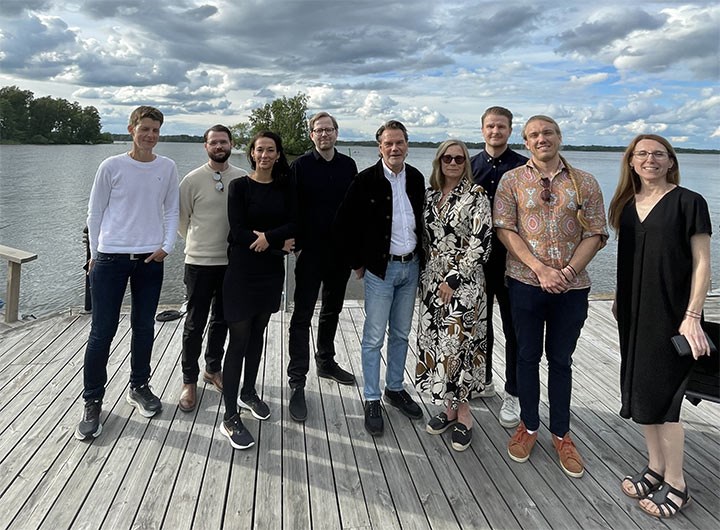ESERGO - Environmental and Sustainability Education Research Group Örebro

ESERGO works with empirical and theoretical studies on environmental and sustainability education, with specific focus on the ethical and political aspects of this education.
About
Environment information
ESERGO works with empirical and theoretical studies on environmental and sustainability education, with specific focus on the ethical and political aspects of this education.
The ethical interest includes moral relationships between generations, the global North and South, humans and nature, and humans and non-human animals. The political interest involves critical analyses of challenges relating to globalisation, internationalisation, multiculturalism, and neo-liberalism and populism. An overarching aim of ESERGO is to create new approaches to understanding interconnections and interdependence between and among social and ecological systems in current and future generations, and how education can and should contribute to the inclusion of these interrelated issues across the curriculum. Post-colonial, agonistic and posthuman perspectives are important sources of inspiration in this strive.
When it comes to teaching and learning and the role of education in society ESERGO draws on the German and Nordic didactic tradition. This means that education is seen as an open process where teachers unlock the potential of a specific content allowing students to turn matter into meaning. We put specific interest into pluralistic approaches to environmental and sustainability education embracing a multitude of perspectives and conflicting opinions on sustainability issues.
Central methodological perspectives are pragmatism, discourse analysis and didactics. The research environment has a common interest in the development of research methodologies for analyses of meaning-making, socialisation and governing processes in educational practice. The research environment conducts analyses of transactions and discourses of education, both in recorded conversations in different teaching contexts, interviews and of educational texts.
John Dewey’s pragmatic philosophy and his view of the democratic potential of education is a common reference point and unifying interest, as well as more recent post-foundational scholars. Philosophically ESERGO has a strive to create an alternative to traditional dualisms between theory and practice, mind and action, body and soul, facts and values, structure and agency, the universal and the particular, humans and nature, etc.
ESERGO is organized in two subgroups who have a close collaboration:
- Didactical studies
- Critical perspectives on environmental and sustainability education
ESERGO’s steering board:
Johan Öhman, Louise Sund, Ásgeir Tryggvason and Linnea Urberg
Research projects
Active projects
Research groups
ESERGO Essays
Publications

News from ESERGO
-
New article on students' conflicts of interest in ESE
A recently published ethnographic study by Linnea Urberg identifies three main conflicts of interest in ESE and proposes a didactic outlook on how to manage these conflicts.
-
New article
How and why do some young people express resistance to sustainable development? In a new article Linnea Urberg and Johan Öhman clarify the underlying logic of this resistance.
-
ESERGO initiates a Nordic research network

During the Nordic conference on environmental and sustainability education at Aarhus University (DPU), ESERGO initiated a Nordic research network together with researchers from Denmark and Norway.




